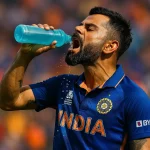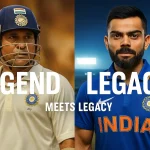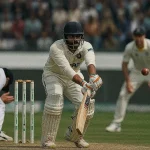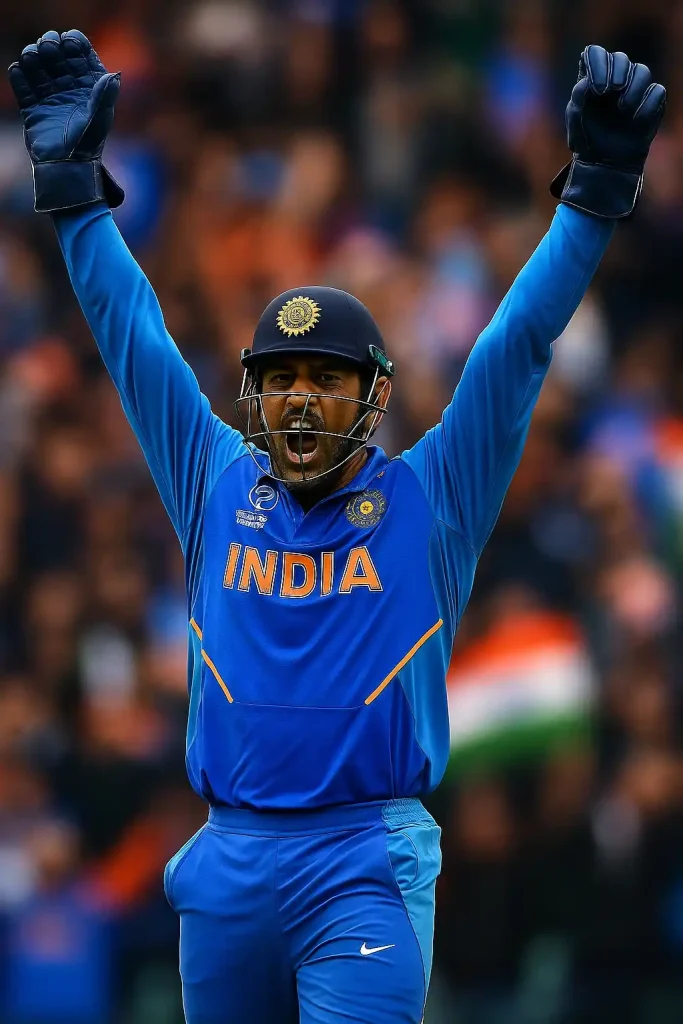
Cricket isn’t just a game of bat and ball. It’s a theatre of timing, pressure, instinct — and leadership.
Because when things start to spiral — when a world cup final is slipping away, or a batting collapse loom — it’s not always the best batter or bowler who rescues the moment. It’s the captain. The one who doesn’t just wear the armband but carries the emotional weight of 11 men, a billion expectations, and the game’s invisible momentum.
Some did it with icy calm. Others barked instructions like battlefield generals. But these seven? They changed the very meaning of captaincy.
MS Dhoni – The Ice King of India
You don’t lead India for a decade without being carved from something different. MS Dhoni was exactly that — calm, unfazed, and almost unnaturally composed under the harshest spotlight in world cricket.
He didn’t talk much. He didn’t posture. But he read the game like a street player reads traffic — fast, instinctively, and with timing no textbook could teach.
Three ICC trophies.
A six to seal the World Cup in 2011.
And millions who grew up wanting to finish matches just like “Mahi bhai.”
He turned underdogs into champions — and did it without losing his smile.
Ricky Ponting – Ruthless Efficiency in a Baggy Green
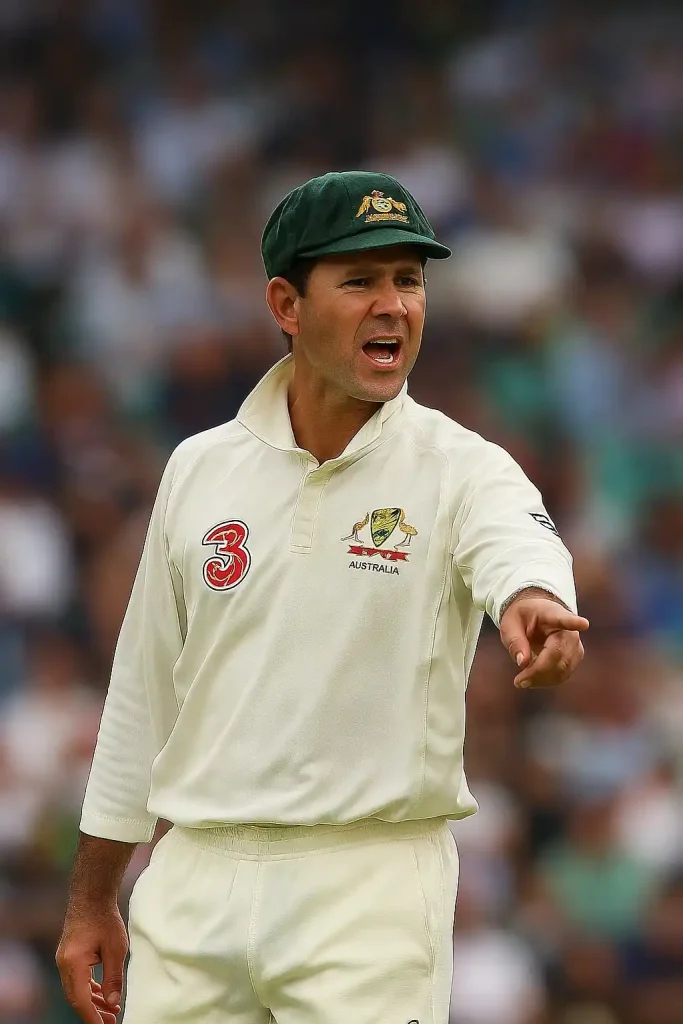
If Dhoni was the monk, Ponting was the machine.
He captained Australia during one of their most dominant eras — and it wasn’t luck. It was structure. Precision. Ruthlessness. He demanded excellence and didn’t mind breaking opponents to get it.
But Ponting wasn’t just a tough guy. He was an architect of dominance — knowing when to declare, how to pressure, and how to win not just games, but series, tours, and eras.
Back-to-back World Cups (2003, 2007)? That wasn’t just talent. It was relentless captaincy.
Clive Lloyd – The Godfather Who United a Continent
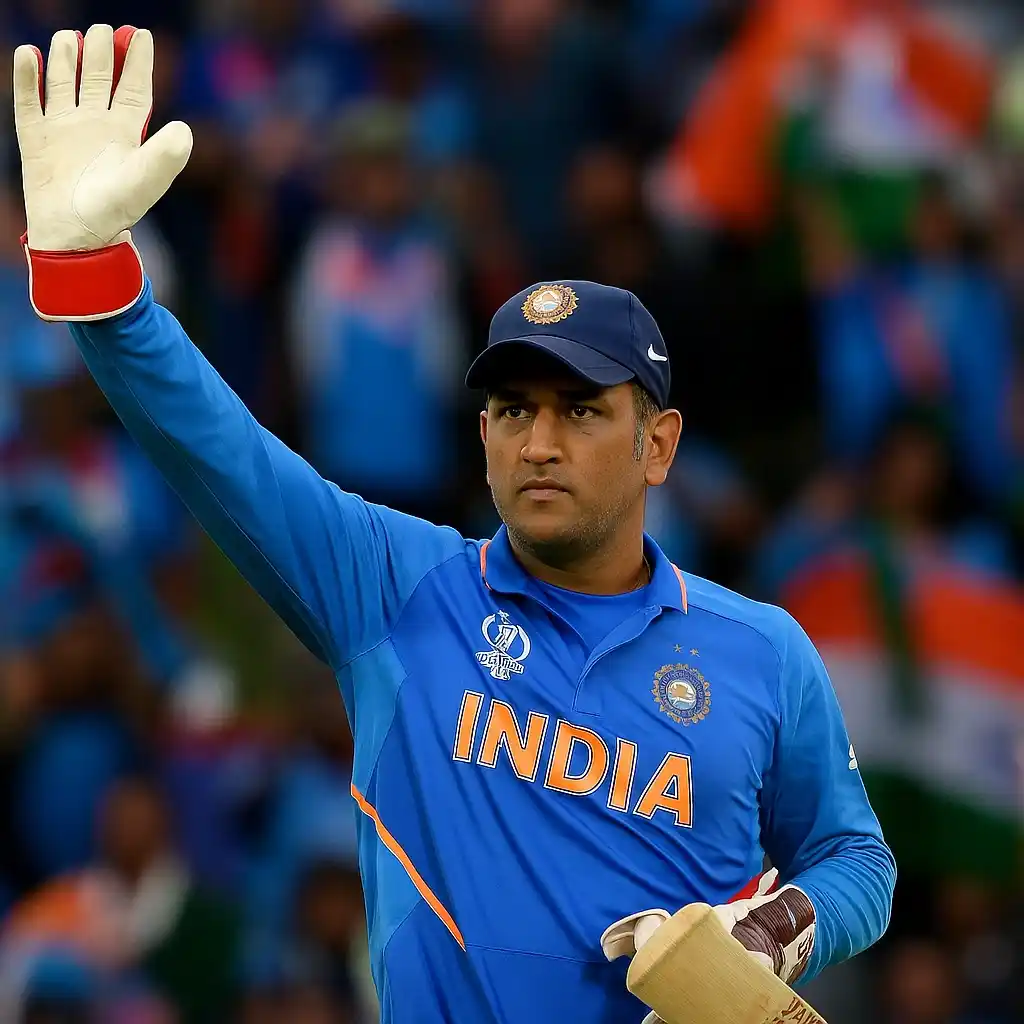
Before Clive Lloyd, the West Indies were a collection of brilliant individuals. After Clive Lloyd, they were a dynasty.
He didn’t just lead — he unified. Across islands, dialects, and cultures, he built a team that didn’t just win… they crushed.
His towering frame, glasses, and no-nonsense approach gave rise to the most feared fast-bowling quartet the game has ever known. His captaincy record? A mirror of that intensity.
Two World Cups.
A reign of dominance that defined the 70s and 80s.
And a legacy that whispered: “We are not just here to play. We are here to rule.”
Graeme Smith – The Relentless General
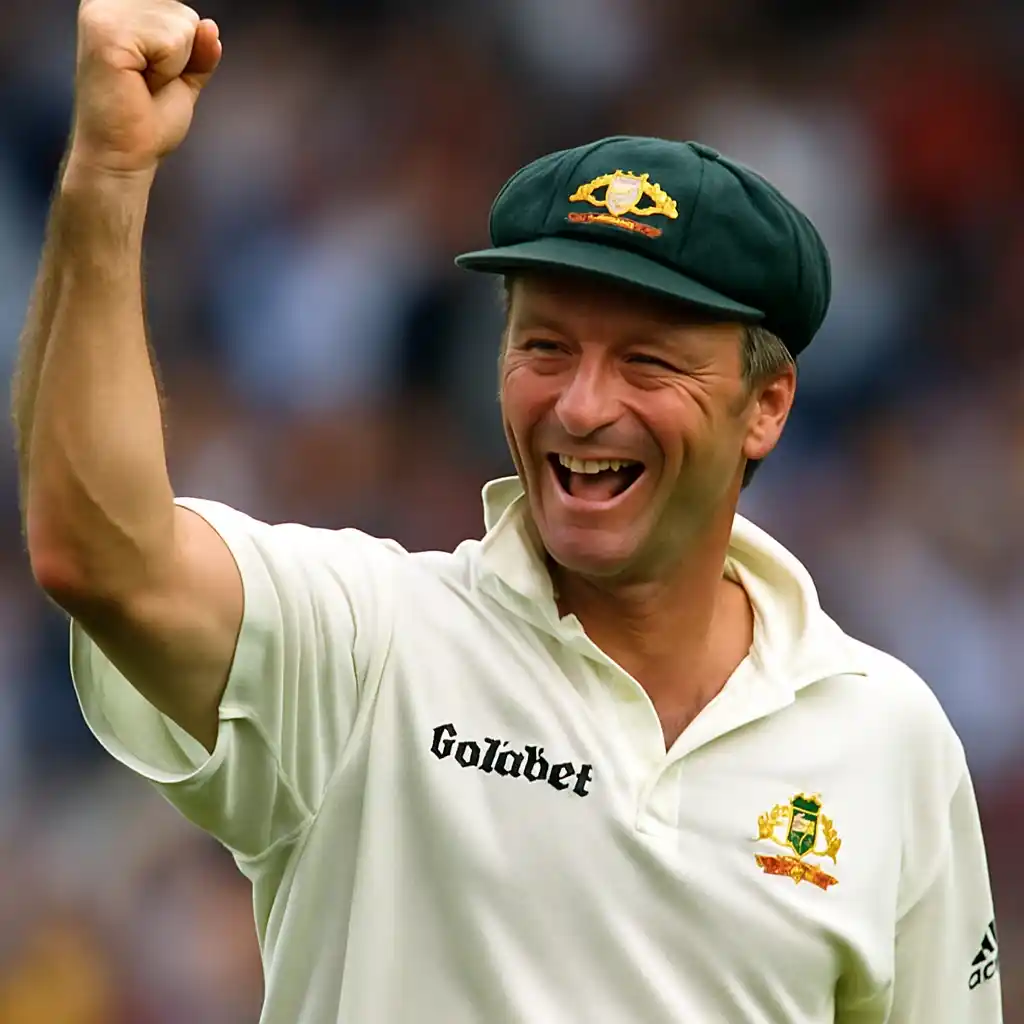
He was thrown into captaincy at 22. Most would crumble. Smith didn’t.
Instead, he took a broken South African team and, brick by brick, turned them into one of the most consistent sides in Test cricket. His leadership wasn’t about flair. It was about grit, grind, and guts.
Smith led from the front — literally. An opener who never ducked the new ball, even when injured. Remember him walking out with a broken hand to face Mitchell Johnson in Sydney? That wasn’t bravado. That was leadership.
He holds the record for the most Test wins as captain (53) — and not because he had the flashiest team. But because he was the backbone.
Steve Waugh – The Iceberg Commander
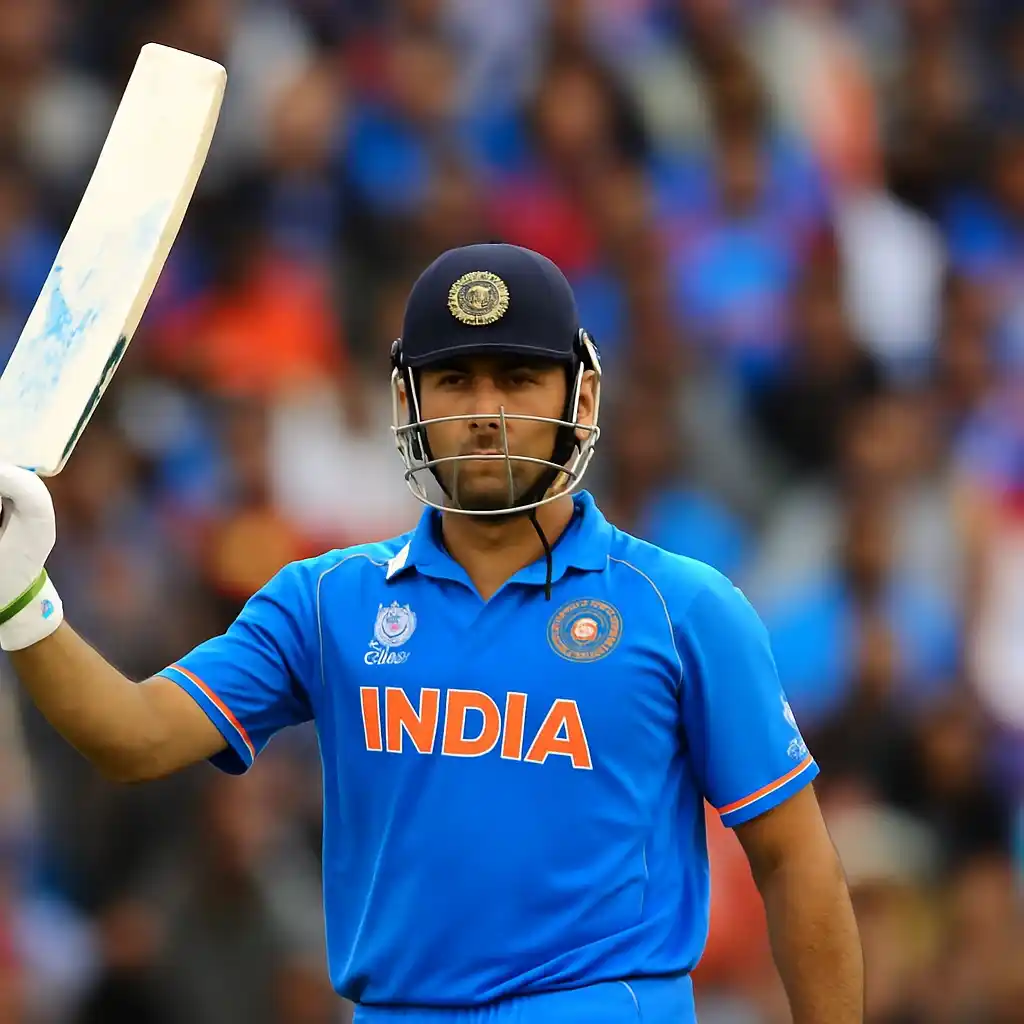
If you blinked, you missed the smirk. But Steve Waugh didn’t need charisma. He had control.
He inherited a great Australian side — and somehow made them greater. Under him, the team became a fortress. Not just hard to beat — impossible to intimidate.
Waugh believed in mental disintegration. Not sledging, per se — but pressure without release. He led with minimalism: quiet words, clear plans, and unflinching belief.
The 1999 World Cup win wasn’t just about surviving — it was about conquering through chaos. And that innings vs South Africa? Classic Waugh: cold, precise, essential.
Imran Khan – The Warrior Philosopher
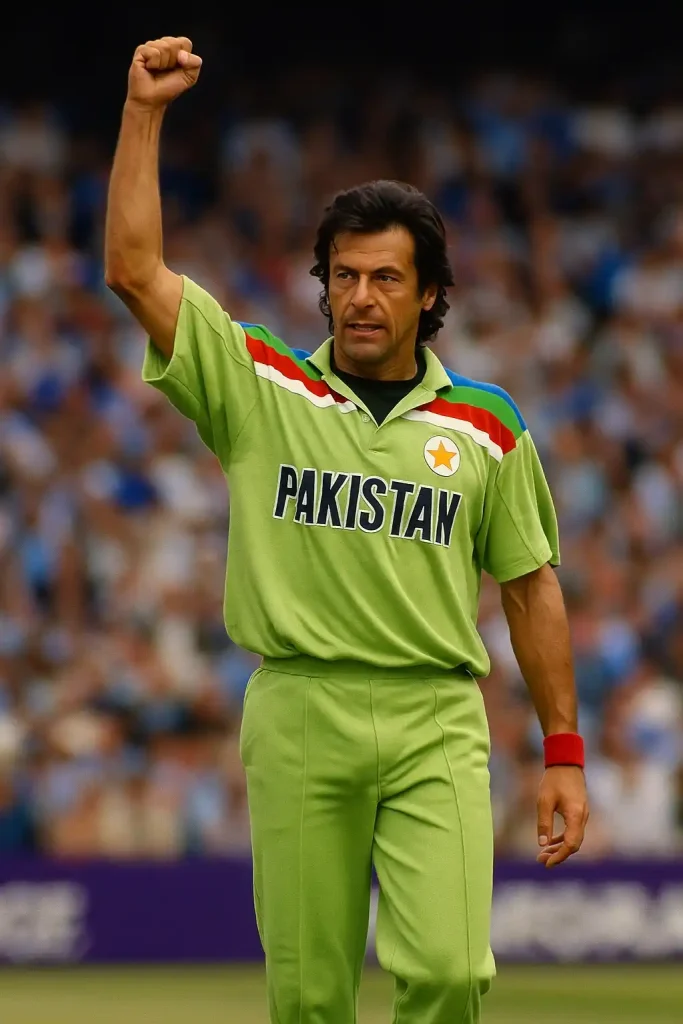
He was part rockstar, part revolutionary, part prophet in whites.
Imran Khan didn’t just captain Pakistan — he embodied it. Complex, brilliant, occasionally chaotic. But always driven by belief.
He turned a young, inconsistent team into World Cup winners in 1992 — rallying behind “cornered tigers” and dragging his side, often single-handedly, into immortality.
It wasn’t just his bowling or batting. It was the ability to speak and have an entire nation listen.
Leadership, for Imran, was destiny. And that World Cup trophy? Proof that vision can beat odds.
Pat Cummins – Calm Power in a New Era
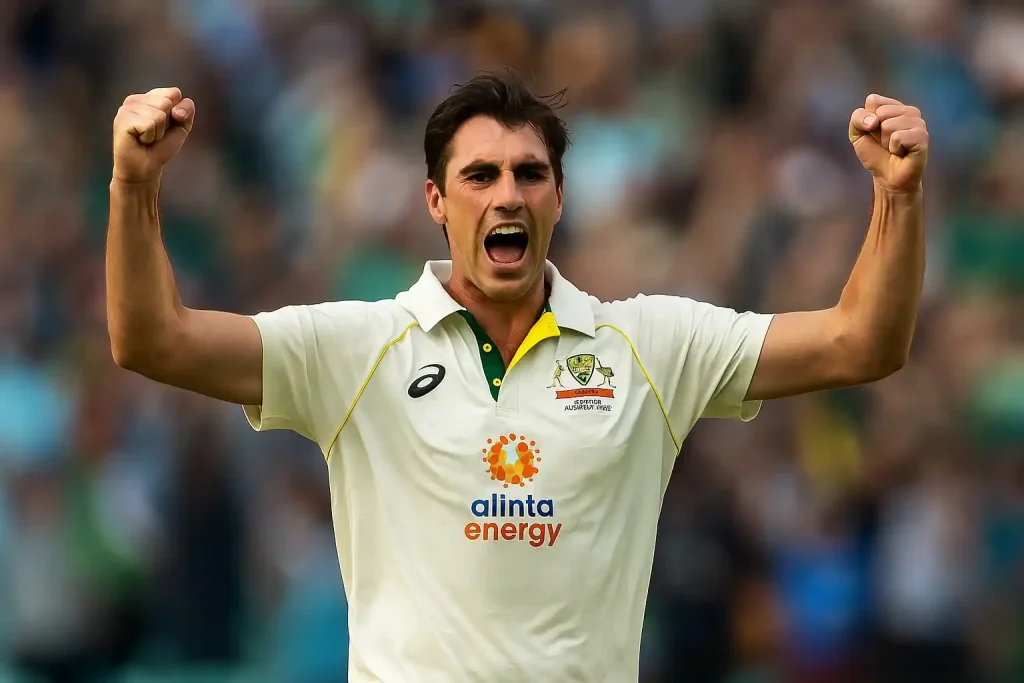
He’s the youngest on this list, but his leadership maturity feels older than the game itself.
Pat Cummins was handed a Test captaincy in uncertain times — post-Sandpapergate, under a microscope. What did he do?
He brought calm. Composure. Empathy. And results.
A World Test Championship.
An Ashes retention.
An ODI World Cup Final appearance.
And all with a sense of quiet control that feels like the future of captaincy: strong, collaborative, human.
He’s not done yet. But he’s already reshaping what it means to lead Australia.
Top 7 Greatest Cricket Captains — Snapshot Comparison
| Captain | Team | Era | Major Titles |
| MS Dhoni | India | 2007–2017 | T20 WC (2007), ODI WC (2011), Champions Trophy (2013) |
| Ricky Ponting | Australia | 2002–2012 | ODI WC (2003, 2007) |
| Clive Lloyd | West Indies | 1974–1985 | ODI WC (1975, 1979) |
| Graeme Smith | South Africa | 2003–2014 | Most Test wins as captain (53) |
| Steve Waugh | Australia | 1997–2004 | ODI WC (1999) |
| Imran Khan | Pakistan | 1982–1992 | ODI WC (1992) |
| Pat Cummins | Australia | 2021–Now | WTC (2023), ODI WC Finalist (2023) |
Leadership in Cricket: It’s About More than Tosses and Team Talks
Top captains don’t only shuffle fielders around the park. They shift how a whole dressing room thinks.
They convince teammates to hope when the odds look bleak. They juggle egos, read pressure, play the media, and know when to push silence or spark full fury.
Stats tell part of the story, but absolute legends do this seven-point checklist:
They didn’t just win matches; they built eras. Their mark is still felt in every corner of modern cricket.
Final Thought: The Legacy Isn’t in Trophies — It’s in Transformation
Captaincy in cricket is like walking a tightrope in a hurricane.
One misstep, and the world sees. But if you walk it right?
You leave behind something that outlives numbers.
Each of these seven — from Dhoni’s calm to Imran’s defiance — taught us that leadership isn’t about perfection. It’s about presence, pressure, and purpose.
And for every kid dreaming of raising a trophy, the story always starts the same way:
A cap, a coin toss… and a captain who dares to dream.
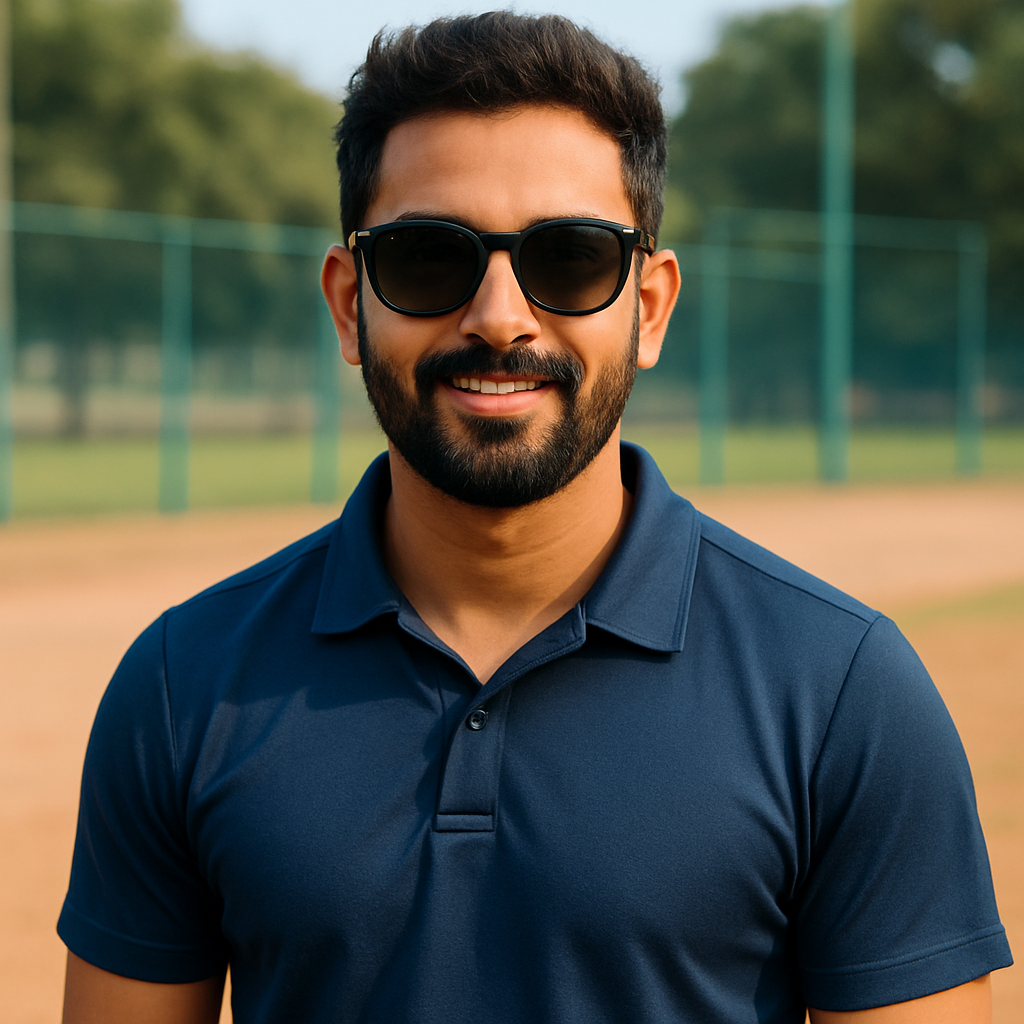
Meet Arjun Kushaan, a passionate cricket analyst at The Cricket24x7. From street matches in his childhood to competitive college tournaments, cricket has always been a central part of Arjun’s life. With a strong background in data analysis and a natural affinity for numbers, he brings a fresh, analytical lens to the game. At The Cricket24x7, Arjun blends his deep love for cricket with his data-driven approach to deliver detailed insights and well-rounded coverage for fans of the sport.

